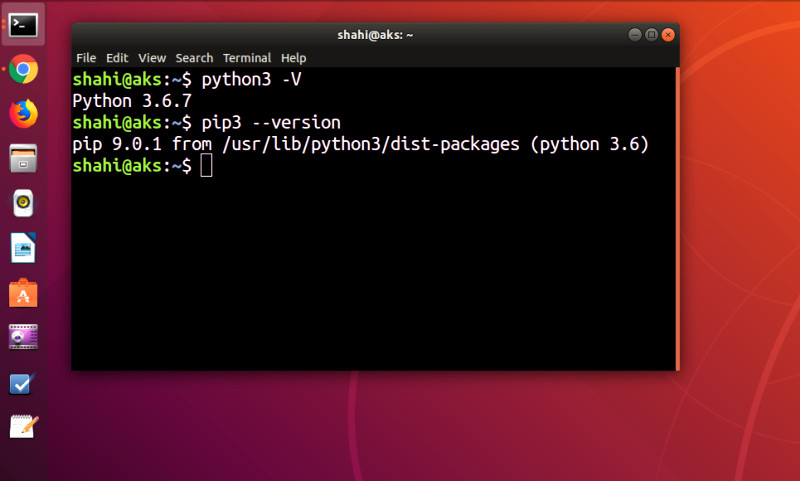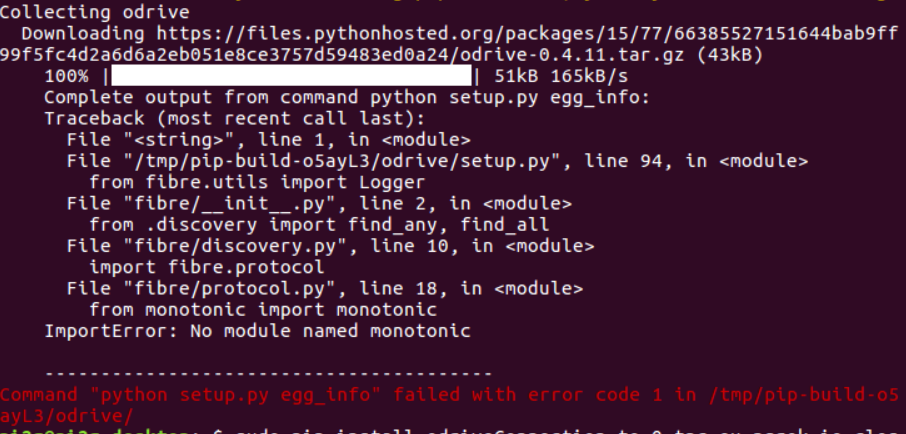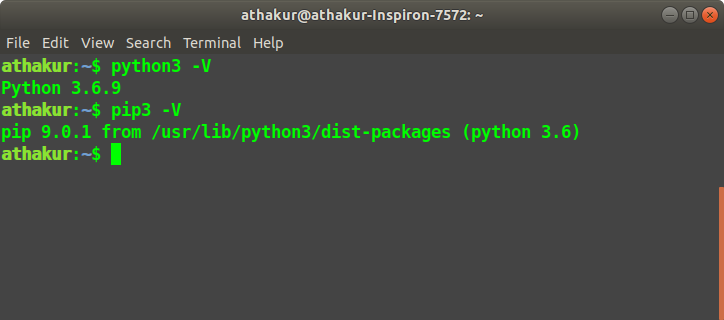

Enter the following command if you’re a Linux or Mac user: $ echo $PATH.Enter the following command if you’re a Windows user: C:\> echo %PATH%.You can use your “ dir” command to check out the contents of individual folders. If you receive a message that the system can’t find your file, double-check your directory path. Your program should be ready to use in a few seconds.

REINSTALL PIP3 INSTALL
There’s no need to perform advanced programming to install PIP in Windows.
REINSTALL PIP3 HOW TO
How to Install PIP in Windows Through CMD Open cmd and command the PC to install PIP with this command: python get-pip.py.Change the path of the Python directory to the path of the downloaded file.Store the file in the Python installation folder.This isn’t a conventional web page, but don’t worry about potential malware. Download your get-pip.py file from this website.Installing PIP directly from Python is time-saving, but you can also try another method. Let the system complete the installation, and you’re good to go. The request to install PIP on your computer has now been sent.Copy this command into the field: curl -o get-pip.py.Open Python and access your cmd terminal.Hit the “OK” button to save your changes.Incorporate the directory into the PIP installation folder.Head to “System Variables” and double-click your “Path” variable.Go one level up by choosing “Advanced settings.”.Open Control Panel and find “System & Security.”.To prevent this, you’ll need to add the manager to your Environment Variables, which shouldn’t be too difficult. However, opening it from certain locations may trigger an error. You may want to run it from anywhere on your computer for various purposes.

PIP is now installed, but the work isn’t over yet. Choose “Next” and wait for the OS to finish the installation.Newer versions may not require this – they install the manager automatically. Tick the box next to the “PIP” section to make sure the system installs it.Press the “Customize installation” button.

REINSTALL PIP3 CODE
There is no installer you can just move the VS Code app to your Applications folder and then launch VS Code. Install VS Code on macOSĭownload VS Code from Microsoft and unzip the file. You can get your AWS access keys (access key ID and secret access key) after you sign into the AWS Console by clicking Security Credentials in the upper right corner under your user name. The credentials file looks like this: Īws_secret_access_key=wJalrXUtnFEMI/K7MDENG/bPxRfiCYEXAMPLEKEY Then, create the config file where you specify the AWS region you want to work with and the output format the AWS CLI uses. If you didn't install the AWS CLI on your Mac, you have to add the configuration files to your home directory in the.


 0 kommentar(er)
0 kommentar(er)
